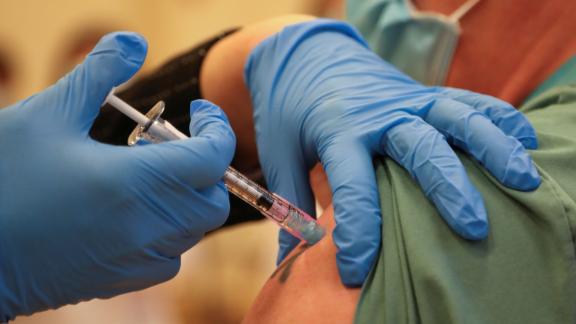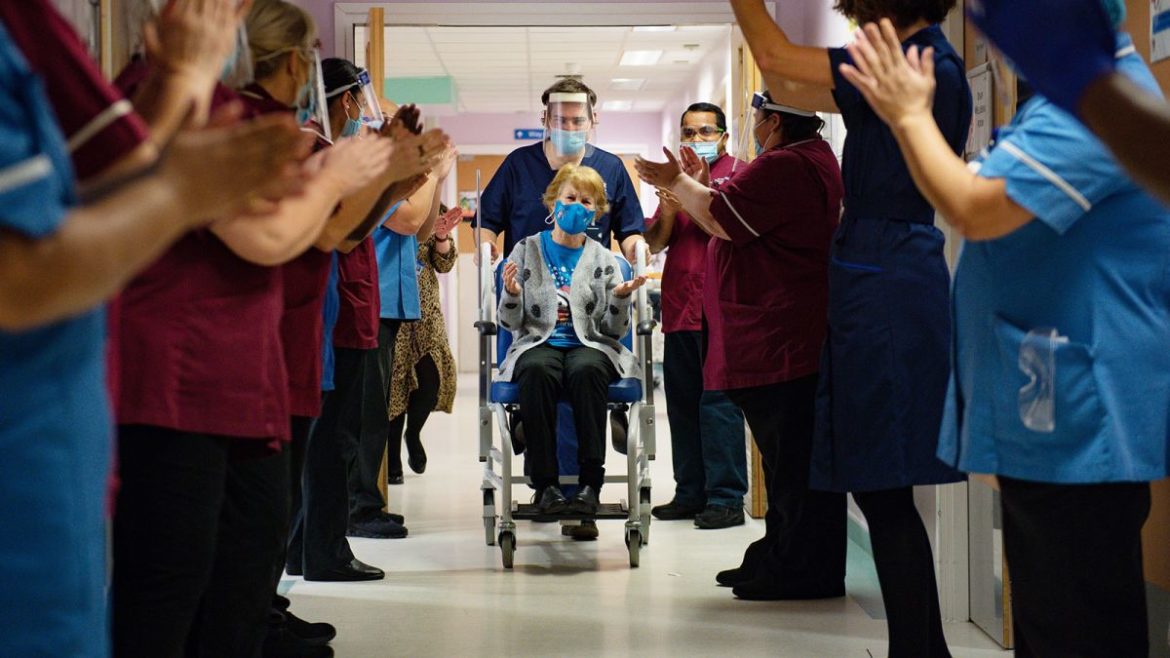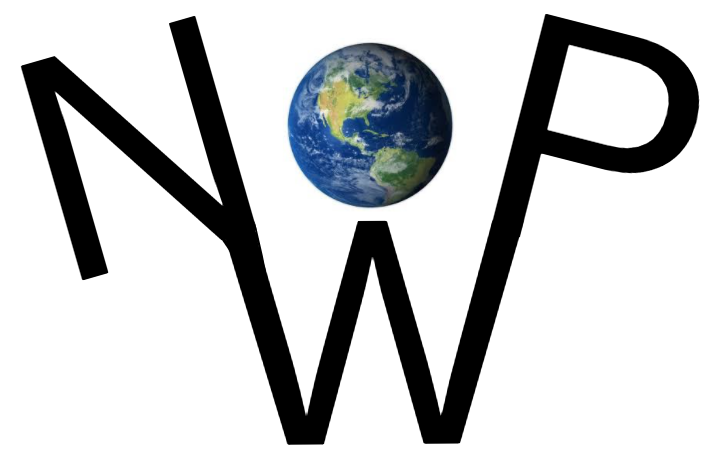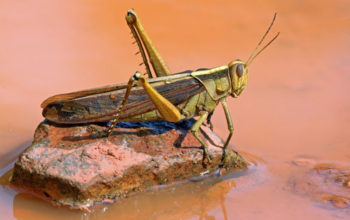Millions of people have a real fear of needles. Overcoming that fear is critical for the vaccine rollout.
The following written content by Jen Rose Smith,
As a fourth-year medical student at Thomas Jefferson University in Philadelphia, Amanda Walker knows that vaccinations are both safe and essential.
Getting one, however, is still an ordeal for Walker, who has needle phobia. “I’ll start to get really clammy, and then get cold sweats,” she said, describing her reaction to routine injections. “Then I pass out.”

Walker has been living with fear of getting injections for years. She remembers being terrified, at age 12 or 13, when receiving a flu shot at the doctor’s office.
It’s a common fear: Walker is one of millions who are frightened of needles, found a 2018 metanalytic study published in the Journal of Advanced Nursing. Reactions include mild to severe anxiety and full-blown phobias.
Now, as Covid-19 vaccines roll out across the globe, addressing such fears is essential to public health. To protect the population as a whole, a “substantial proportion” of people must be vaccinated, according to the World Health Organization. And for individuals considering avoiding a Covid-19 vaccination due to their phobia, seeking treatment could be a life-and-death decision.
Fortunately, experts say treatments for needle phobia can be highly effective. Leaving the condition untreated, however, can result in a fear that grows even more intense over time.
What is a phobia?
“Phobia is a fear and anxiety about a specific stimulus,” explained Dr. Jeffrey Geller, president of the American Psychiatric Association and a professor of psychiatry at the University of Massachusetts Medical School.
About 30% of people will experience an anxiety disorder in their lifetime, Geller said. Of those, between 7% and 9% of individuals have a specific phobia.
Anxiety about needles, though, doesn’t have to meet the formal definition of a phobia to cause problems. About a quarter of adults are afraid of needles, and an estimated 7% of adults avoid immunizations because of that fear, according to the US Centers for Disease Control and Prevention.
Even before the Covid-19 pandemic, fear of needles had a serious impact. Regular vaccinations reduce risk of death, disability and disease, the World Health Organization wrote in a survey of worldwide immunization programs, which have reduced the risk of deadly diseases including measles and diphtheria.
What’s more, a fear of needles goes beyond vaccinations. Individuals with severe phobias may avoid medical care altogether, even if it means deteriorating health.





